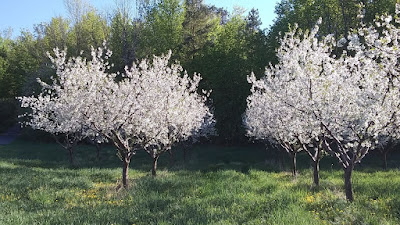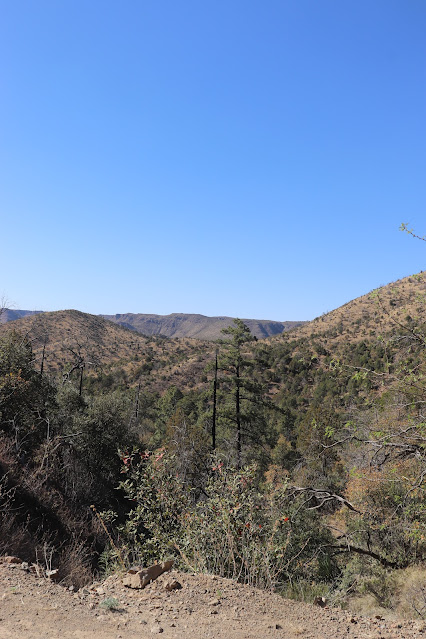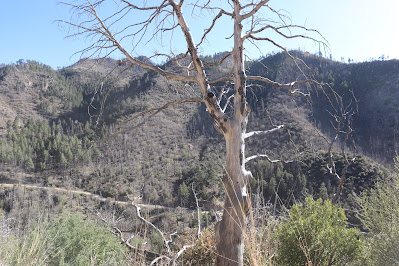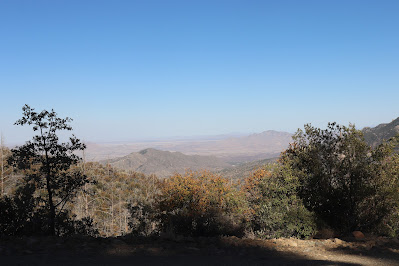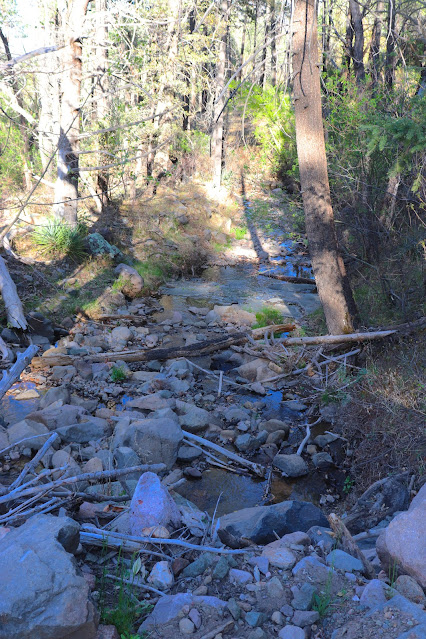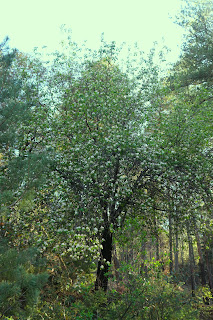“You always have to have the last word!”
That’s a show-stopper, isn’t it? Because if you respond, of course, it’s because “you always have to have the last word,” while if you remain silent, the accusation against you stands unchallenged.
As the world turns and history marches on, though, mortal humans’ talking and writing days are time-limited, so no one ever has the last word. Nietzsche tried to have it by preemptively declaring that no one yet alive could understand him, but he’s been gone quite a while now, and challenges to his writings have yet to stop. What I’m getting at, however, in a very roundabout way, is that today will probably not be my last word on the subject of grief -- but as grief is once more my subject today, anyone who’s tired of reading about it might want to go elsewhere now.
A friend who has been in my life longer than any friends other than my two sisters recommended a book to me, Paul Kalanithi’s When Breath Becomes Air. The author was a resident in neurosurgery, apparently on the verge of a brilliant career, when he was diagnosed with the brain tumor that took his life shortly after graduation. Writing his book (his only book, what with his life being cut so short), telling of his lifelong search for meaning and his feeling that surgery was a calling and not a “job,” then recounting what it was like suddenly to be, himself, the patient – this was important to him at the end of his life, probably second only to his love for his wife and baby daughter. I read most of the book with tears prickling but not falling. It was his wife’s epilogue that brought on sobs, when she wrote –
I expected to feel only empty and heartbroken after Paul died. It never occurred to me that you could love someone the same way after he was gone, that I would continue to feel such love and gratitude alongside the terrible sorrow, the grief so heavy that at times I shiver and moan under the weight of it. [I added the emphases.]
It never occurred to me, either. It was a complete surprise. I was astonished and amazed at the gratitude that washed through me along with the grief, almost immediately, and now, a year later, I continue to be amazed by – and grateful for – the gratitude itself, because it is not something for which I can take any credit. If I’d had to work to feel it, I might well never have gotten there.
Other widowed persons, men and women both, have had experiences different from mine. Some lost beloved partners so suddenly that there was no time for a single moment to acknowledge the final parting, while others went through years and years of gradual and painful diminishment and loss. Just as every relationship, every love affair, every marriage is unique, so is every experience of losing someone to death. The last gift of time, and the gratitude for that time, is one more way that I was blessed. One more gift, after so many, and I continue to be grateful to be able to feel it.
(Metagratitude?)
Let me be clear. Gratitude doesn’t mean I feel any less grief. The poet Saeed Jones said in a recent interview, reflecting on the loss of his mother (to whom he was very close), that happy memories and the pain of loss form “a loop that you live in” after the beloved dies, that loop a part of you from then on. We are forever changed. I don’t feel less grief, but I have, I think, probably been spared much of the anger that other mourners sometimes suffer.
My grief has also made me more open to the grief of others. Much as Dr. Kalanithi learned from his own experience as a patient the feelings his own patients must have felt all along, the shattering experience of losing a beloved can make us aware, in ways we could never have known before, what it means for others to lose those closest to them. This probably does not always happen – one might totally shut down to others instead – so maybe the opening is what someone who calls grief itself a “gift” (Stephen Colbert) was talking about.
“The loop you live in.” “Love and gratitude alongside the terrible sorrow.” “The bitter and the sweet … forever paired.”
Loss without love would be trivial: “It didn’t work out.” Whereas deep love entails, in most cases, eventual piercing loss. Mais l'amour vaut bien la chandelle. (Or, to quote Billy Joel, “I’ve been a fool for lesser things.”)
This is who I am now: someone who was loved deeply and loved deeply in return and still love. But, “My travels have changed me.” There is no "closure." There is no "recovery." Loss does not end. We just go on, changed.




